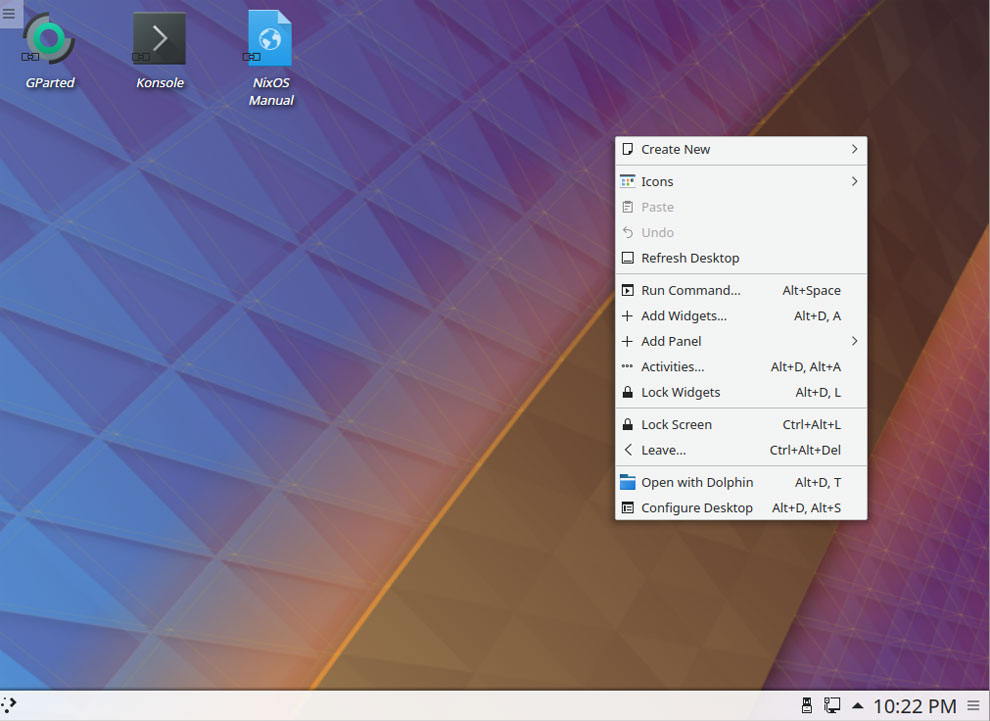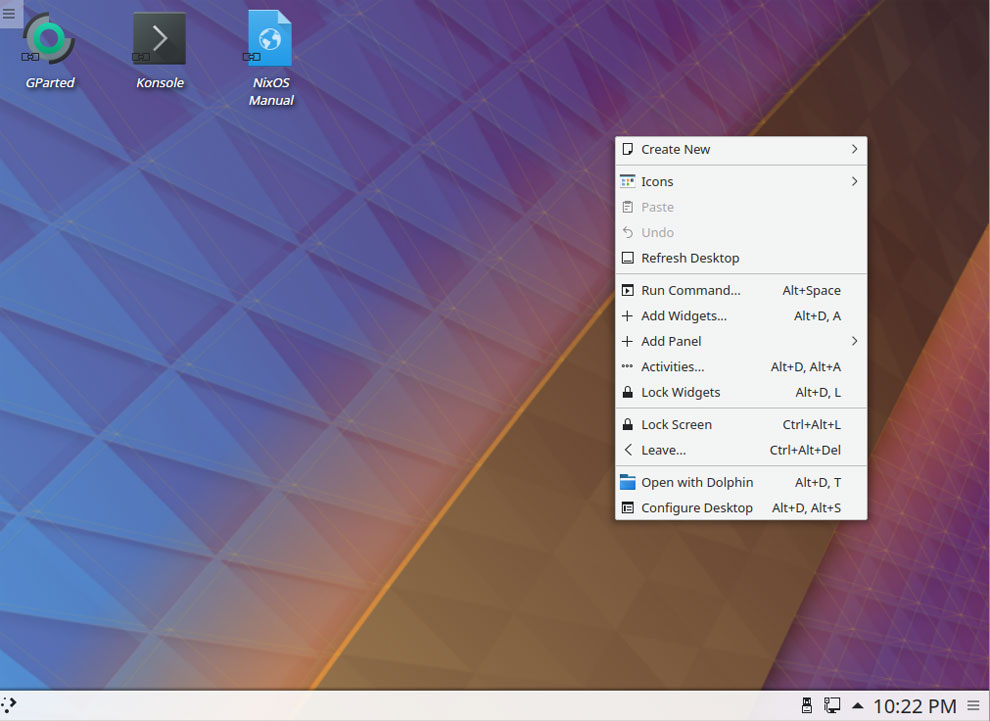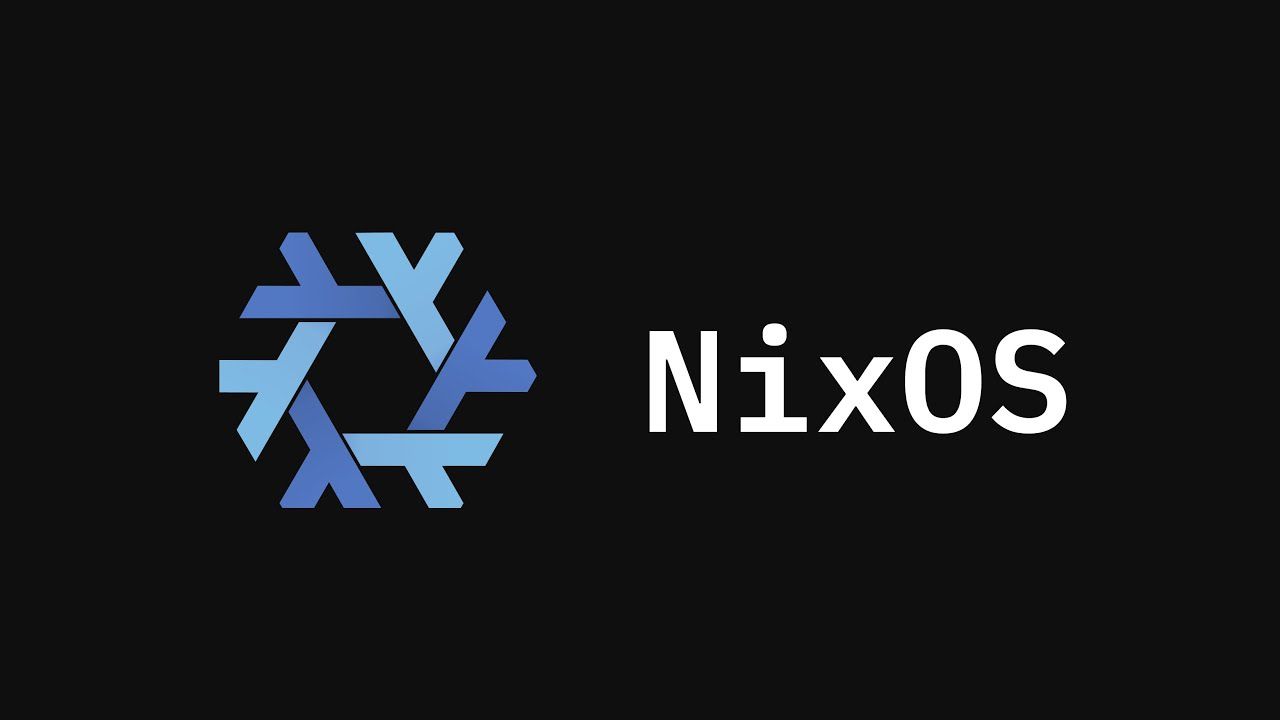
Breaking News: Linux Exploit Unleashes Root Access Madness
In a shocking turn of events, a Linux privilege-escalation proof-of-concept exploit has surfaced, opening the floodgates to root access on vulnerable machines. Tracked as CVE-2024-1086, this exploit has sent waves of panic through the Linux community, affecting popular distributions like Debian, Ubuntu, Red Hat, and Fedora.
The exploit, a double-free bug nestled within the Linux kernel’s netfilter component involving nf_tables, presents a nightmare scenario for system administrators. To achieve root access, an attacker must navigate a treacherous path, triggering a double-free, scouring physical memory for the kernel base address, sidestepping KASLR, and finally seizing the modprobe_path kernel variable with read/write privileges – a recipe for disaster.
The Hunt for Root Access
The mastermind behind this exploit, known only as Notselwyn, boasts a staggering success rate of 99.4 percent on kernel 6.4.16. With a devilish grin, Notselwyn revealed the exploit’s simplicity, allowing a mere mortal to ascend to root privileges with ease.
“Never had I ever gotten so much joy developing a project, specifically when dropping the first root shell with the bug,” Notselwyn gleefully exclaimed.
Unveiling the Exploit
Notselwyn generously shared the source code for the exploit PoC, simplifying the path to power for aspiring hackers. Exploiting this bug hinges on the unprivileged-user namespaces option, a default setting on Debian, Ubuntu, and other prominent distributions.
To execute the exploit, an attacker must dance through hoops, triggering a double-free, navigating the labyrinth of physical memory, outsmarting KASLR, and ultimately seizing the modprobe_path kernel variable. Once the deed is done, a root shell beckons, signaling game over for the unsuspecting victim.
Fallout and Patching
Following the exploit’s disclosure, chaos ensued as updates raced to patch the vulnerability. With a CVSS severity rating of 7.8 out of 10, the exploit’s potential for havoc cannot be understated. System administrators are urged to patch their kernels promptly to thwart malicious actors seeking to exploit this newfound power.
Conclusion
As the Linux community grapples with this newfound vulnerability, vigilance and swift action are paramount. The exploit’s ease of use and potent impact underscore the importance of robust security measures and timely patching. Stay informed, stay vigilant, and above all, stay secure.















